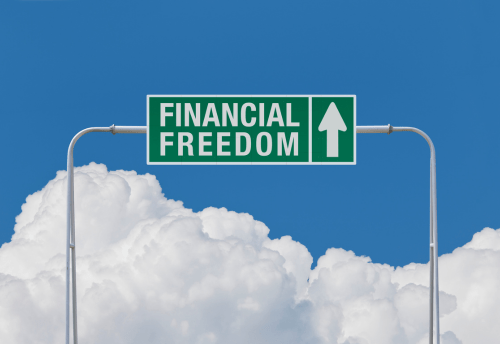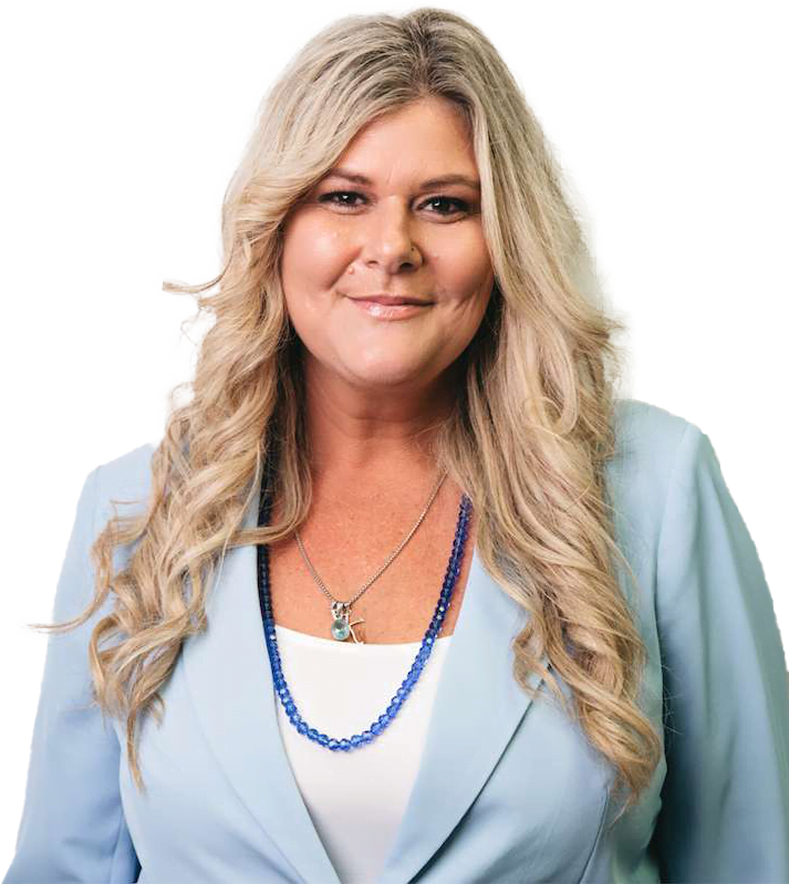

If I had a time machine and could go back to my 20’s, I’d definitely have a sit-down chat with my younger self about money matters. I’d dish out all the financial wisdom I’ve accumulated over the years. And today, I want to share this treasure trove of knowledge with you.
Also, to help you navigate through this financial journey, I highly recommend checking out MoneySmart. It’s a free resource offered by the Australian Securities and Investments Commission (ASIC) that provides impartial financial guidance, tools, and resources to help Australians make informed decisions about their money.
Let’s get right to it.
The Magic of Savings: Planting Your Money Seeds
Imagine your savings as a little seed. When you first plant it, it’s tiny and seemingly insignificant. However, with time and consistent watering, it grows into a strong, robust tree. That’s exactly how savings work.
Starting early with savings is vital. In your 20’s, you might think, “I’m young, I can start saving later.” But remember the little seed? The sooner you plant it, the sooner it will grow. Even if it’s just a small amount each month, think of it as watering your money tree. Over time, you’ll be surprised by how much it has grown.
If you can, try to save at least 20% of your income. It might sound challenging, but trust me, it’s doable and a habit worth forming as early on in life as possible. Start by cutting back on non-essential expenses, like that extra coffee every morning, or by picking a more affordable phone plan. Small changes can make a big difference.
Insurance: The Safety Net You Didn’t Know You Needed
I know, I know. You’re in your 20’s. You’re young, healthy, and feel invincible. Why would you need insurance, right?
Well, let’s think of it this way. You wouldn’t go on a bicycle ride without a helmet, would you? Or drive a car without a seatbelt? Insurance is just like that helmet or seatbelt—it’s there to protect you, just in case. It may seem like an unnecessary expense now, but it’s worth it when you need it.
Start with health insurance, because, as they say, “health is wealth.” Then consider life insurance, especially if you have dependents. Also be sure to think about property insurance, to protect your valuables. Each insurance policy is a safety net, catching you when life throws its unexpected curveballs.
Investment: Turning Your Money into More Money
Imagine if you had a golden goose. You’d be pretty well off, right? Well, investing is like having your very own golden goose. It’s a way of putting your money to work, making it grow beyond what’s possible with just savings.
Now, investing can seem complicated and intimidating, especially when words like “stocks,” “bonds,” and “mutual funds” start flying around. But don’t worry, you don’t have to be a Wall Street guru to invest. There are plenty of beginner-friendly options out there.
Consider starting with a low-cost index fund, which is a type of investment that spreads your money across a wide range of companies. This reduces your risk and often results in steady growth over time. Remember, investing isn’t about getting rich quick. It’s about growing your wealth slowly and steadily, just like your money tree.
Credit Cards: A Double-Edged Sword
Credit cards can feel like magical pieces of plastic that allow you to buy things now and pay later. But remember, every magic trick has a catch. In the case of credit cards, that catch is interest.
When used responsibly, credit cards can be a great tool. They can help build your credit score, which is important for things like getting a loan or renting an apartment. Some even offer perks like cash back or travel rewards.
However, it’s easy to fall into the trap of spending more than you can afford, and then getting stuck in a cycle of debt due to high interest rates. So here’s the key to wielding this double-edged sword: only spend what you can afford to pay off at the end of each month. Treat your credit card like a debit card. If you don’t have the money in your bank account, don’t put it on your credit card.
Final Thoughts: The Road to Financial Freedom
Looking back, these are the money hacks I wish someone had told me in my 20’s. Starting to save early, understanding the importance of insurance, learning to invest, and using credit cards responsibly — these are the cornerstones of financial health.


But remember, it’s never too late to start. Whether you’re in your 20’s, 30’s, or beyond, you can begin planting your money tree, setting up safety nets, nurturing your golden goose, and learning to use that magical piece of plastic wisely.
We hope this conversation has been helpful. Life is a journey, and financial wisdom is one of the most valuable companions you can have on this journey. Remember, money isn’t just about buying things. It’s about freedom, security, and peace of mind. It’s about being able to live your life on your own terms.
So here’s to wise money choices and a future of financial freedom!




